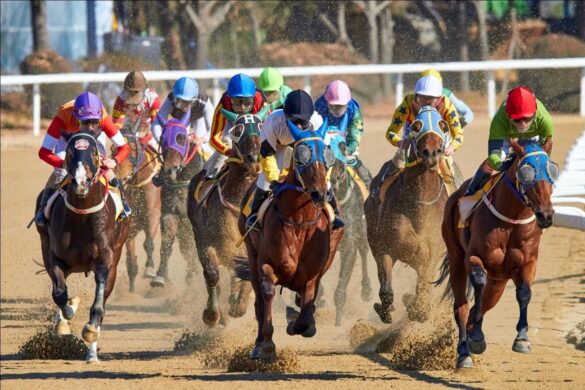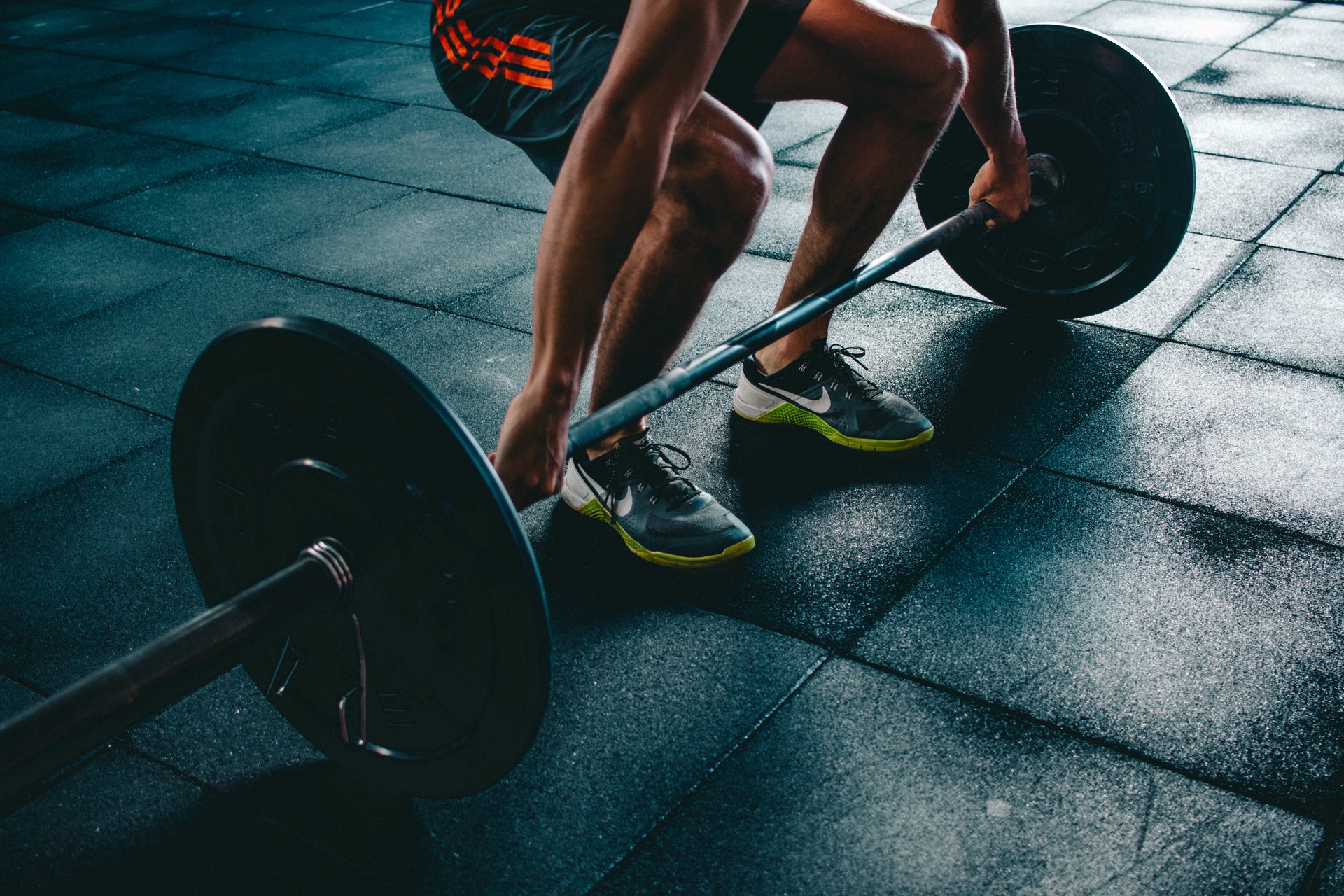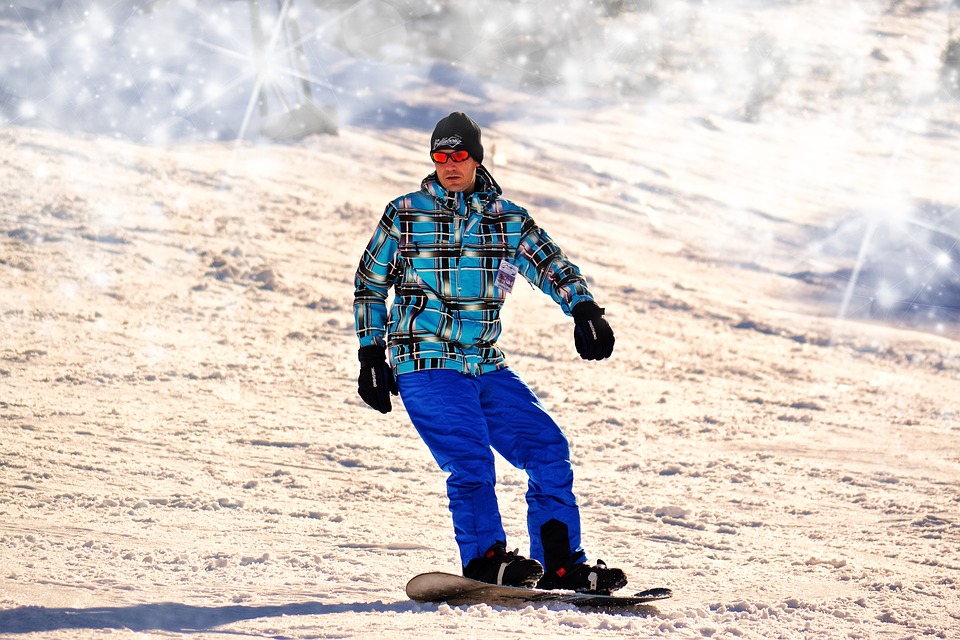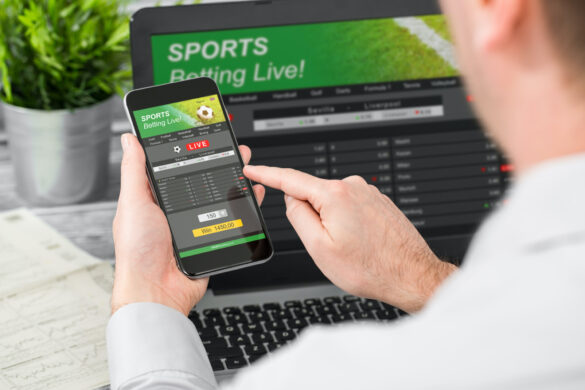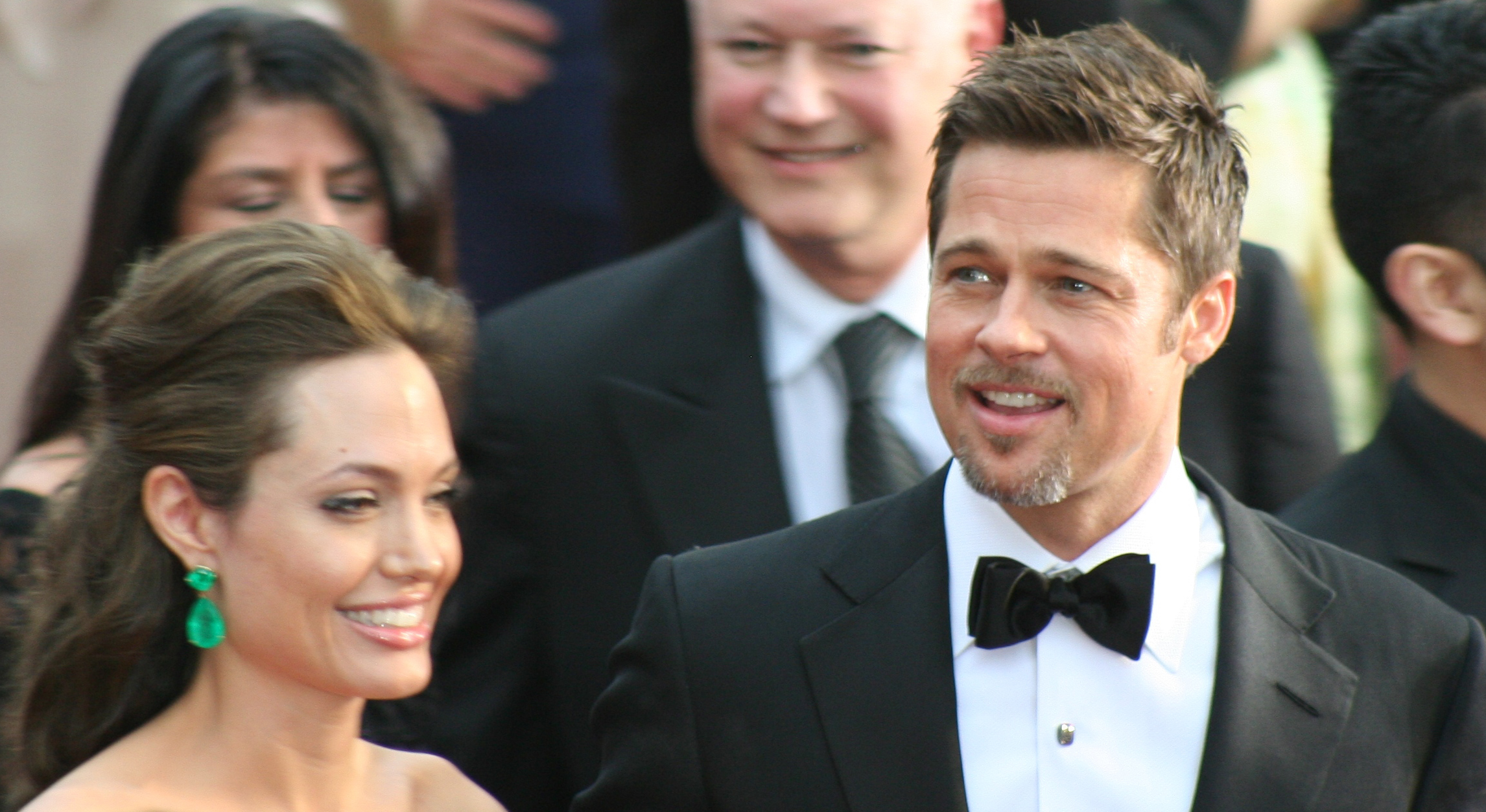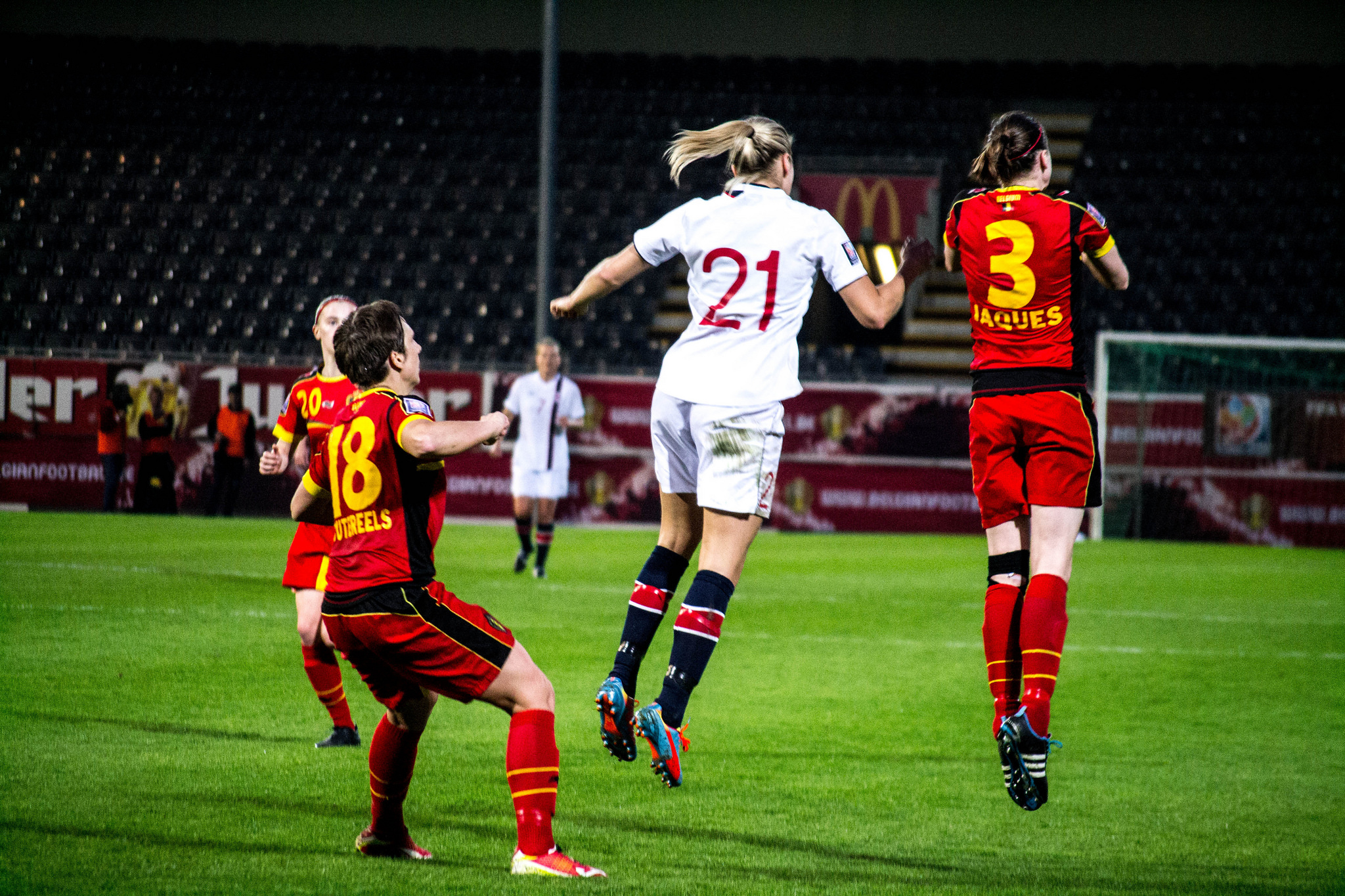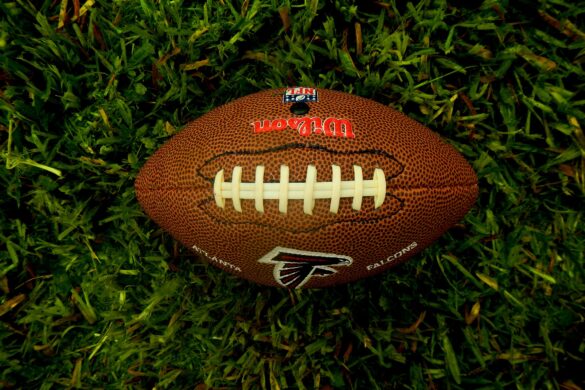 When most people think of careers in athletics, they imagine the athletes themselves. However, for every athlete, there are dozens of other professionals operating behind the scenes to ensure that athletes, events, associations and other sports-related objectives remain organized. For sports fans who can’t quite get enough, here are a few career options to consider:
When most people think of careers in athletics, they imagine the athletes themselves. However, for every athlete, there are dozens of other professionals operating behind the scenes to ensure that athletes, events, associations and other sports-related objectives remain organized. For sports fans who can’t quite get enough, here are a few career options to consider:
General Managers
Sports is a business, and it requires experienced business professionals just like any other. General managers (GMs) can oversee various business operations, but in athletics, they focus on maintaining a winning team through scouting and signing players and managing the coaching staff. Every level of athletics will have different requirements for their general managers. It might be worthwhile for GM hopefuls to enrol in a sports management certificate course to boost their knowledge and skill.
Sports Marketers
The sports industry requires competent marketers to help brands better connect with their avid fans. Sports marketers work alongside sales and development teams to create materials that target audiences want and love. Marketers can be involved in merchandising, brand management, event coordination and more. To succeed in this field, a fan needs a bachelor’s degree in marketing, which should help them flex their creative muscles and build strong analytical skills.
Statisticians
Statisticians help solve real-world problems using data and mathematical models. In sports, statisticians have several opportunities. Some sports statisticians help identify new ways of improving athletic performance; others might analyze industry trends or improve financial processes. Most statisticians in the industry have at least a master’s degree in mathematics or statistics and plenty of experience working with data.

Physical Therapists
Athletes in every sport rely heavily on physical therapists to support them in identifying, treating and managing injuries. Pain and mobility issues can end an athlete’s career, and physical therapists develop rehabilitation plans to facilitate swift and effective recovery from injury or illness. Typically, physical therapists hoping to work with athletes specialize in sports medicine when they pursue their doctorate in physical therapy, and therapists need to be licensed by the state in which they practice.
Athletic Trainers
Professional athletes use the knowledge and expertise of athletic trainers to enhance their physical performance. Trainers understand how to build strength, stamina, agility and other athletic skills efficiently and safely. Most trainers in professional sports have a bachelor’s degree in a sports-related major. Some athletic trainers also function as physical therapists or come from therapy fields, and in some states, athletic training requires licensure just as physical therapy does.
Exercise Physiologists
Exercise physiologists are medical professionals trained to develop individualized fitness programs using an athlete’s medical history, but they are distinct from doctors or physicians. Physiologists can take the place of both physical therapists and athletic trainers, designing training regimens and assisting with recovery from chronic issues or injuries. To become an exercise physiologist, a fan needs a master’s degree in the field, and they might need to become licensed by their state before beginning practice.
Sports Psychologists
Many sports are as much mental games as physical ones. Sports psychologists support the mental health of athletes, assisting them in overcoming mental barriers as they unlock more effective strategies for reaching optimal performance. Fans interested in this field should have innate interpersonal and observational skills, and professional sports psychologists require at least a master’s degree if not a doctorate with a concentration in athletic psychology.
Athletic Agents
Agents work with athletes, helping them navigate their careers. Many agents represent clients in contract negotiations, public relations events, sponsorship dealings and similar business activities, but some agents work within athletic organizations. A successful agent doesn’t need much more than a winning reputation to find work, but many agents come from business backgrounds and have degrees in communications or administration.
Sports Event Coordinator
Sporting events are incredibly complex, requiring the coordination and control of thousands of critical details. Sports event planners and coordinators can work with sports organizations or athletic teams to ensure the success of an event, which involves managing players, media, spectators, facility staff, budgets, schedules and more. Though event coordination doesn’t require any formal training, most sports event planners are equipped with at least a bachelor’s degree in a sports field and experience in the sports industry.
It isn’t necessary to have superior athletic ability to find a job in sports. Anyone passionate about athletics and interested in any of the above positions can find a fulfilling career in the sports field.

